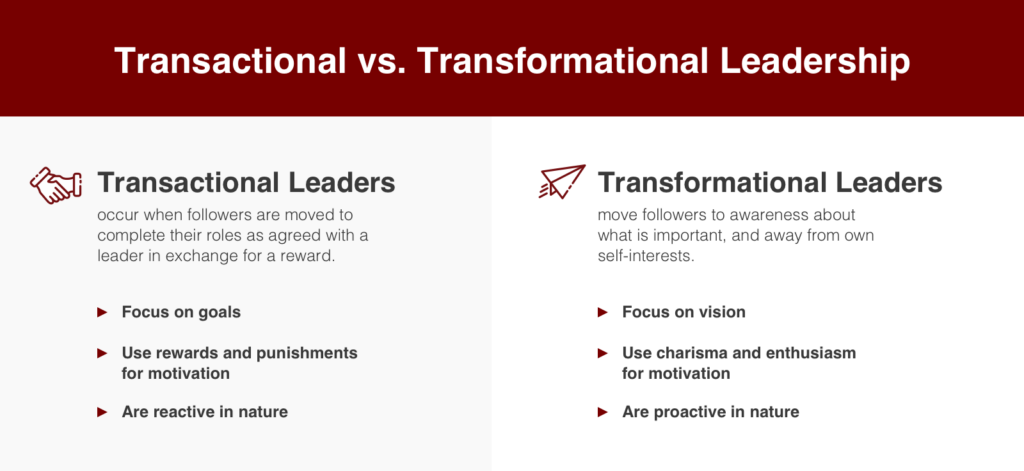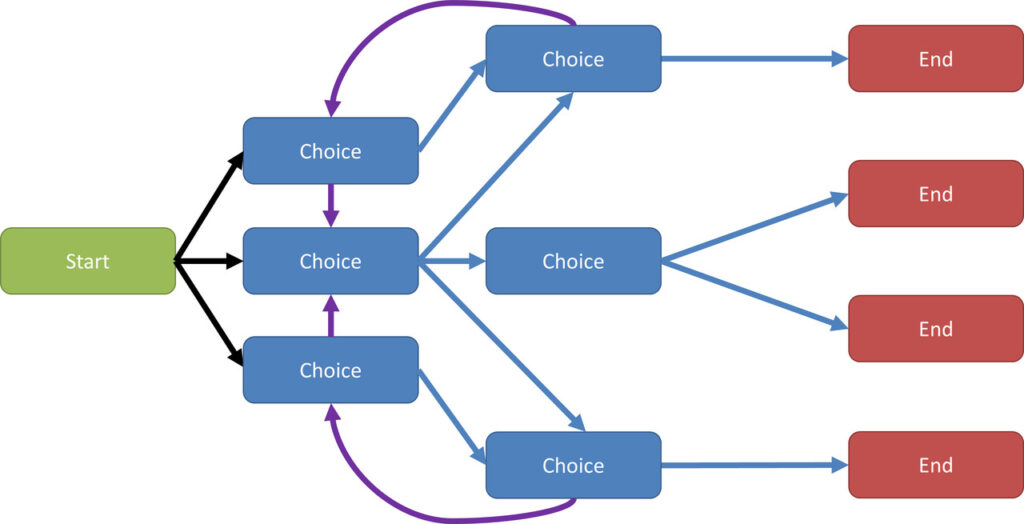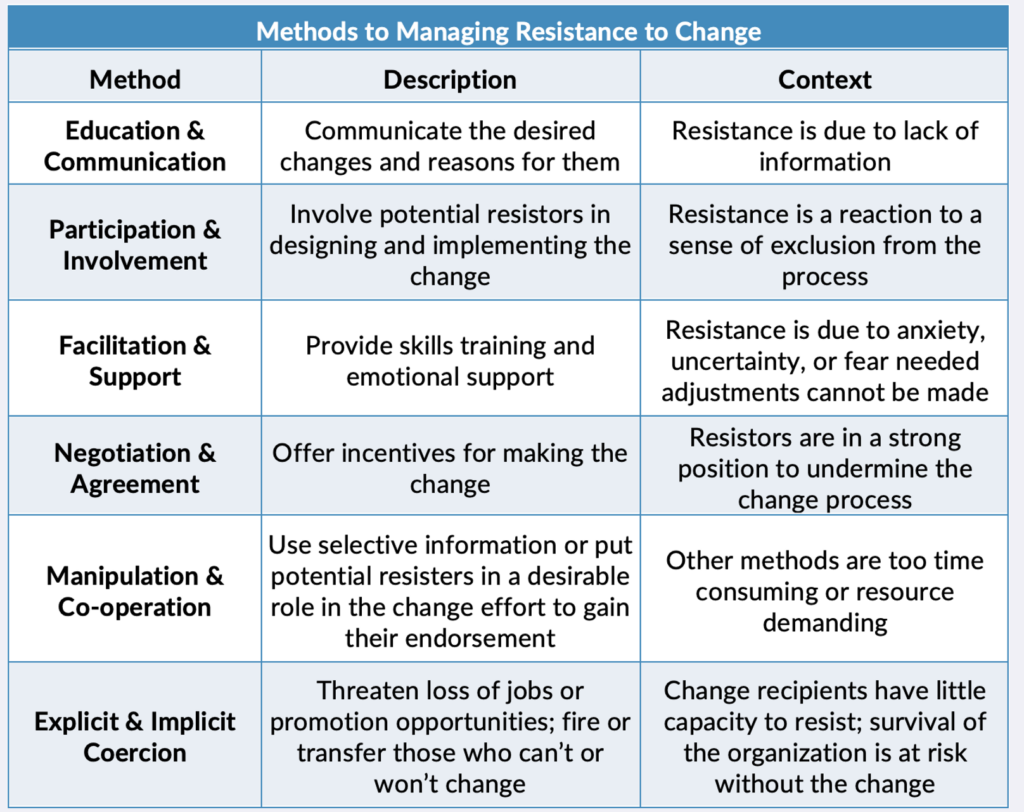Leadership is a critical determinant of organizational success, acting as the steering wheel that navigates the course to desired outcomes. A fundamental element underpinning exceptional leadership is a solid understanding of the psychology of leadership. A fusion of key insights from psychology and behavioral science offers leaders a magnifying lens to better understand employee motivations. This enriches their ability to guide teams effectively toward set goals. This article delves into the influence of behavioral science on leadership efficacy, shining a light on its potential to boost leadership performance.
Manifesting Transformational Leadership
Transformational leaders are the torchbearers who, with a compelling vision, ignite passion within their team. They are not simply figureheads but active contributors demonstrating enthusiasm and optimism towards goals. Providing fertile ground for innovative thinking and cultivating individual talents are additional hallmarks of such leaders. These leaders bring purpose to work, stimulating teams by aligning tasks with their deeply held values, ideals, and aspirations. This bolsters intrinsic motivation, generating commitment, effort, and loyalty that surpasses what is normally anticipated.
Understanding Transactional Leadership
For leaders aspiring to amplify their effectiveness, knowledge of transactional leadership is vital. These leaders operate through a process of exchange, furnishing rewards for good performance and rectifying mistakes. This approach elucidates expectations, forms a structured environment, and ensures adherence to rules, thereby contributing significantly to organizational functionality.
However, leaning heavily on transactional methods often falls short in kindling deep engagement. Skillful leaders recognize when the situation calls for transactional measures and when transformational methods are necessitated to rouse teams to peak achievements. A thorough study of feedback from over 300 leaders reveals that the most efficient ones harmonize both styles, adeptly weighing situational factors.
Applying Behavioral Psychology for Effective Leadership
Successful leaders knowingly employ principles of behavioral psychology to influence employees. For instance, the principle of reinforcement proclaims that rewarded behaviors are more likely to be repeated. Visionary leaders actively look for instances to positively reinforce valued employee actions through praise, compensation, promotions, or other rewards.
However, careful execution of reinforcement is paramount. Haphazard approaches may unintentionally promote unethical manipulation of incentive systems. Conversely, removing rewards for undesired behaviors can discourage their repetition. For example, to address chronic lateness for meetings, a leader may cease the practice of summarizing any missed information for late attendees. By carefully designing consequences, leaders can subtly shape organizational cultures.
Harnessing the Influence of Modeling
The principle of modeling offers another potent tool for leaders – people often mimic behaviors they observe, especially from figures of authority. Progressive leaders consciously display behaviors they wish to propagate throughout the organization – diligence, ethical conduct, inclusivity, analytical thinking, among others. On the contrary, negative modeling by leaders can lead to detrimental organizational conduct downstream. Leaders should always remain aware of their significant influence on others’ behavioral cues.
Navigating Cognitive Biases
The exploration of cognitive biases provides another realm that leaders can skillfully navigate, utilizing “choice architecture” to facilitate intelligent decision-making. Take for example, confirmation bias – the inclination to search for and favor information that validates pre-existing beliefs.
Progressive leaders neutralize this by actively seeking diverse viewpoints, promoting constructive dialogue, and avoiding an echo chamber of agreeability. Another common impediment is loss aversion, or the tendency to overvalue potential losses versus gains in decision-making. Influential leaders counter this through careful messaging, steering clear of demotivating emphasis on failures or penalties.
Decoding Resistance and Overcoming Biases
Leaders also need to adeptly understand the psychology behind resistance to change, a central theme in psychological leadership theories. While resistance may be perceived as irrational behavior by obstinate employees, it often stems from habits, the fear of loss, or information asymmetry. World-class leaders garner support for change by tackling these root causes – providing necessary information, empathetically addressing concerns, and persuading rather than coercing team members.
Wrap-Up
For the team at Leadership Circle, the principles of behavioral leadership outlined in this article are not just theoretical musings; they are the bedrock of our brand’s core services. We are committed to empowering leaders with the tools and insights needed to transform their approach and achieve remarkable results. Take the next step in your leadership journey—explore our suite of assessments and resources designed to elevate your leadership capabilities. Join the Leadership Circle today and unlock the full potential of your team and organization.








